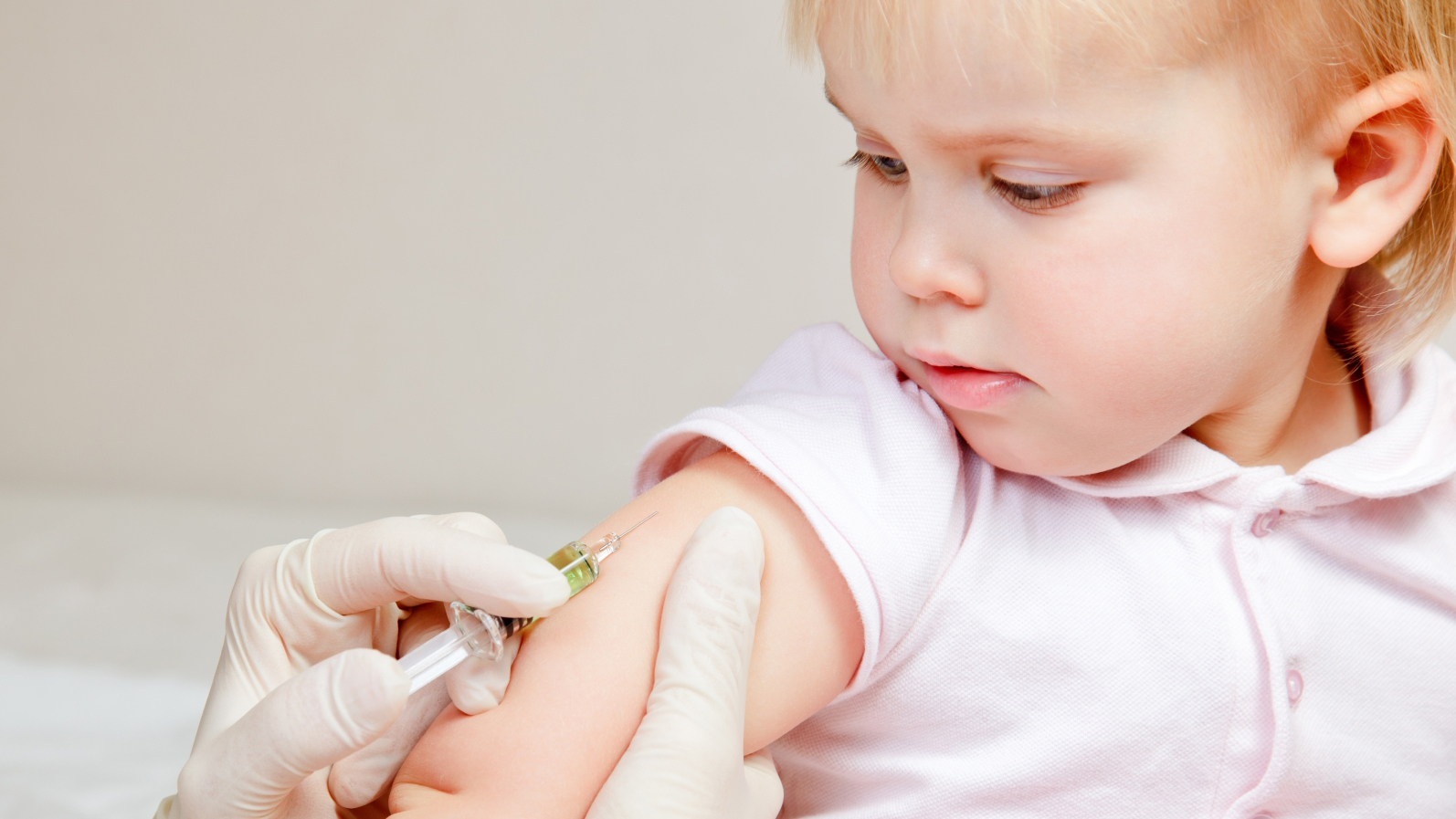One of your foremost priorities as a parent must be to get your baby or toddler vaccinated on time against all major diseases. Vaccines are basically either dead or weakened forms of disease causing bacteria and viruses that stimulate the formation of antibodies and consequently build up immunity against the actual diseases. Immunization schedules generally vary a little from region to region but most of the recommended vaccines for babies are universal. The information and vaccine schedule below is meant for reference purposes only and does not replace professional medical opinion, especially from a local pediatrician or child specialist.
At Birth
HepB is a vaccine to protect against the hepatitis B virus which newborn babies can contract from their mothers if they are carriers. While most hospitals will automatically vaccinate babies at birth, premature babies might have to wait till their one-month check if tests show that the mother is not infected.
BCG is an anti-tuberculoses vaccine, and is recommended for babies and toddlers in African and Asian regions.
OPV are oral vaccines against Polio and are recommended at birth for infants in African and Asian countries where polio is endemic. TOPV is trivalent oral polio vaccine and then there is a normal bivalent vaccine – your local doctor will advise you regarding the one suitable for your baby.
After 1 Month
Booster shots: HepB Booster
If your toddler was vaccinated for HepB at birth, it will need a booster shot after the first month. In case the vaccine was delayed at the time of birth, the baby should get his first shot before 2 months of birth and the second one before 4 months.
After 2 Months
DTap is an anti-bacterial, protecting babies from diphtheria, tetanus and pertussis.
IPV or OPV If your toddler got an OPV dose at birth, a booster will be required after 2 months. However, in countries where risk of polio is minimal babies might get polio vaccines 2 months after birth. IPV is another form of polio vaccine, called inactivated polio vaccine, your local doctor will prescribe either of the two.
Pediarix is a covers HepB, DTap and IPV collectively but it can result in a fever in some cases.
PCV is immunizes against bacteria which can cause pneumonia and meningitis.
Rotavirus like RotaTeq, protects your baby from the rotavirus which can cause severe diarrhea.
Between 4 to 6 Months
Booster shots: DTap, IPV or OPV, Hib, PCV, Rotavirus and HepB
The first set of boosters (not including HepB) should be given in the 4th month and then a second set (including HepB) should be administered in the 6th month.
After 12 Months
Varicella protects your baby from chicken pox.
MMR works against three different viruses that cause measles, mumps and rubella.
HepA works against the Hepatitis A virus, which can be contracted by hand-to-mouth contact and can cause liver issues, stomach ache and diarrhea.
ProQuad is a vaccine that can be taken instead of MMR and Varicella if you prefer a single shot.
Booster shots: Hib and PCV
Between 15 to 18 Months
Booster shots: DTap, HepB, IPV HepA and Typhoid
These boosters are to be given between the 15 to 18 month period and these are likely to be the last shots till your toddler gets into preschool. For countries where typhoid is endemic, babies over the age of 2 are likely to be given a suitable typhoid vaccine (live typhoid vaccine is not to be administered to children under 6 years of age).
Between 4 to 6 Years
Booster shots: DTap, IPV, Varicella and MMR
Even if you opted for Pediarix and ProQuad, you should get boosters for DTap, IPV, Varicella and MMR between 4 to 6 years of age.
Between 11 to 12 Years
MCV4 vaccinates your child against meningitis, which is not a common infection but can be deadly if contracted.
Tdap is a booster vaccine for older children, replacing DTap and protecting them against tetanus and pertussis.
HPV Girls of this age are also going to get a series of HPV vaccinations to protect against the human papillomavirus, which is responsible for several cancers, including cervical and vaginal.
Remember, while you can use the vaccine schedule here for general reference, you should always consult a local specialist for a complete immunization chart which is specific to your region and country. For instance, the yellow fever vaccine can be administered to babies as young as 4 months old if they are likely to travel to areas where the disease is prevalent or are born there. Likewise, some vaccines for babies in India, Australia, England, USA and Canada might be different, according to the particular characteristics of the region.
Image courtesy: nutrivize.com





No Comment